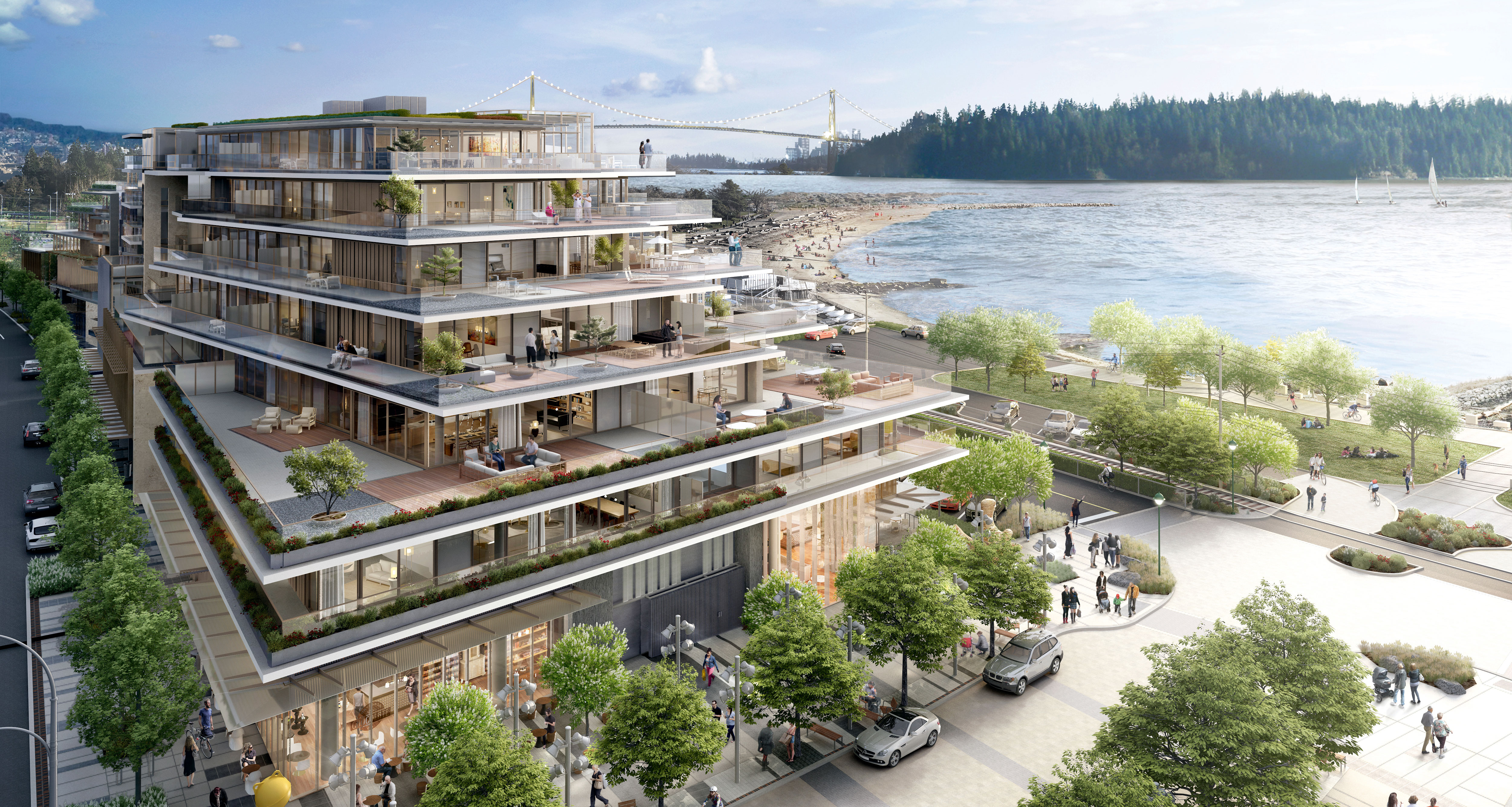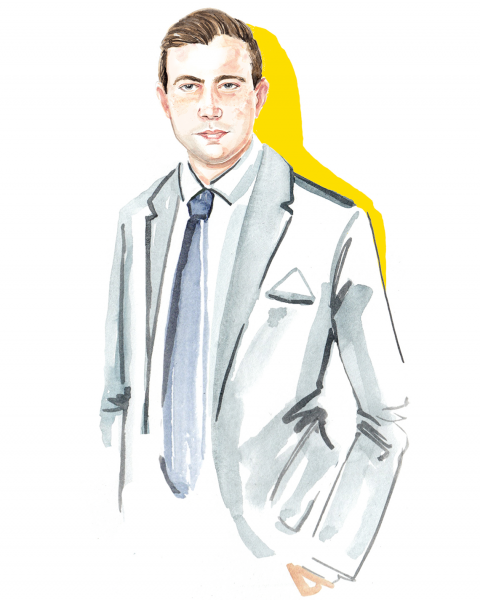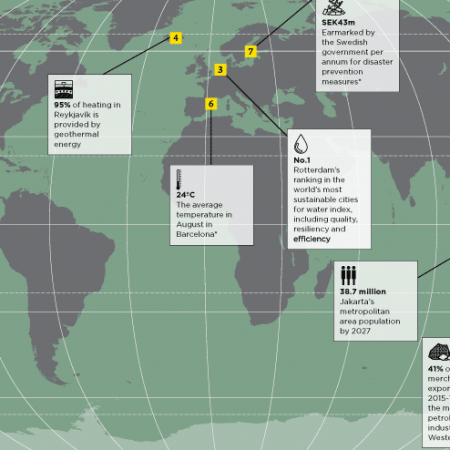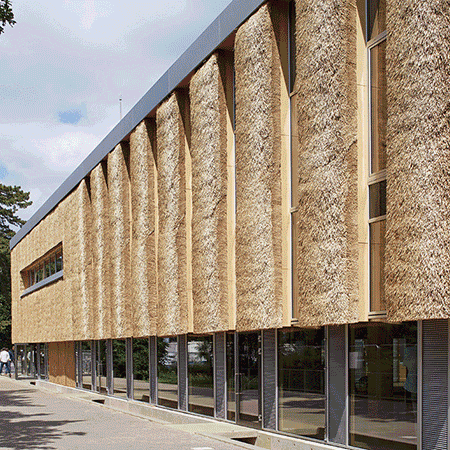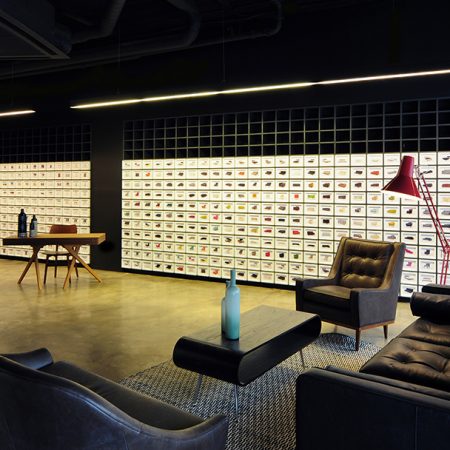The international property group Grosvenor is the definition of being in it for the long term. A private property company, its roots can be traced back though generations of the Grosvenor family. As the 6th Duke, who died in 2016, famously quipped when asked what advice he had for entrepreneurs seeking to emulate his success: “Make sure they have an ancestor who was a very close friend of William the Conqueror.”
So, long-term thinking is embedded in Grosvenor’s DNA. But how does that manifest itself in the company’s strategy for the 21st century?
The answer lies in the company’s ‘Living cities’ philosophy; eight attributes it believes serve to create communities that will flourish for decades, if not centuries, much as the company’s London estate has done. The attributes are a guide designed to work in harmony and for the long-term to make successful cities. The idea is both commercial – only thriving places will continue to be attractive for investors in a generation’s time – and socially and environmentally responsible.
“It’s about finding the win-win situations where doing the right thing is also commercially viable,” says Kate Brown, Sustainability Director for Grosvenor Group. “Grosvenor Estate has a philanthropic arm, but we encourage all our business activities to be making money in a socially and environmentally positive way. It’s something that has been core to our approach for decades.”
Key to supporting Grosvenor’s philosophy is its in-house research team. While the team of 10, which includes three staff in head office plus research directors for each of the four regions Grosvenor operates in, does make some of its findings public, its core remit is to inform internal decision making. For a landlord and developer, it is highly unusual to be able to access such a resource.
“We work closely with the research team to advise on how global mega-trends should inform our strategy,” says Brown. “It is unusual – we’re not selling this research. But it’s ingrained in the way we work.”
Living cities: the eight attributes in action
Climate resilient
119 Ebury Street, Belgravia, London
A residential project which aims to clarify guidance for the sustainable redevelopment of heritage properties, 119 Ebury Street became the first listed building to achieve a BREEAM ‘Outstanding’ design rating. The property has already reached the UK government’s 80% carbon reduction target for 2050.
Connected
The Westminster Roppongi, Tokyo, Japan
Being part of a thriving, accessible neighbourhood was a key consideration in the development of this 99-unit apartment building. The Westminster Roppongi lies at the centre of one of Tokyo’s most connected districts, within walking distance of Tokyo Midtown and two train stations.
Economically resilient
Liverpool ONE, Liverpool, UK
The 250,000 sq m development in the city centre includes shops, apartments, hotels and a cinema. Its arrival has been a catalyst for further regeneration projects in the city, including the creation of more than 5,000 permanent new jobs.
Good governance
Skärholmen Centrum, Stockholm, Sweden
With a library, theatre, medical centre and school, Skärholmen is more than a shopping centre, it’s the heart of the community. Grosvenor acquired it in 2015 and ensures this remains the case through community engagement and careful asset management.
Healthy environment
Grosvenor Ambleside, Vancouver, Canada
This development, which is targeting a LEED ‘Gold’ rating, consists of two terraced buildings, with 98 apartments that sit above a shopping district and waterside community. The scheme has been designed to encourage outdoor living and incorporates pedestrian access to the beach.
High-quality place
Mayfair, London, UK
In the past decade, Grosvenor has worked to create a diverse and attractive neighbourhood in north Mayfair. This has included the award-winning Brown Hart Gardens and a partnership with top restaurateurs Chris Corbin and Jeremy King to transform a former garage into The Beaumont hotel.
Strong community
Bermondsey, London
Grosvenor is developing 12 acres of land in South East London, working with the community and local stakeholders in its plans for new homes, a school, shops, public spaces and community facilities. Provision is being made to support local skills and development, and social enterprises.
Sustainable resources
Greensoil Building Innovation Fund (GBIF)
Grosvenor’s Indirect Investment business backs a North American-based growth equity fund. The GBIF invests in companies that provide products, services and technologies that make real estate and infrastructure more productive, efficient and sustainable.
